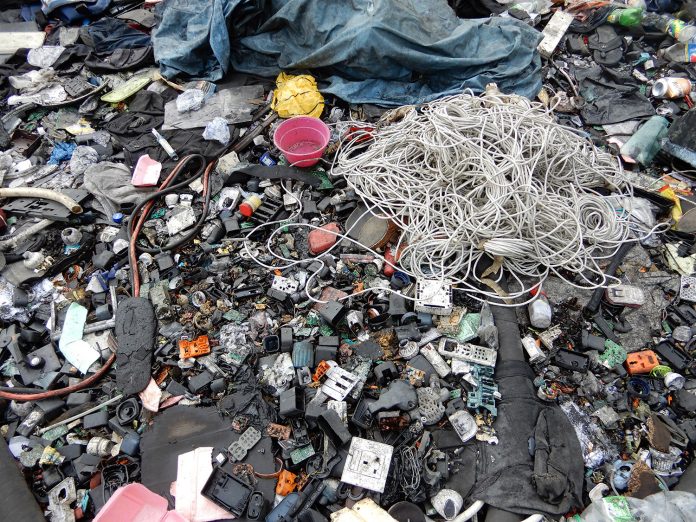By UN Environment
While international agreements like the Basel Convention prohibit the import of hazardous waste, unscrupulous importers and a porous customs system mean Nigeria now ranks alongside Ghana as one of the world’s leading destinations for electronic waste. The country receives 71,000 tonnes of used consumer goods through the two main ports in Lagos from the European Union and other more industrialized economies every year.
“Some of the e-waste from abroad is comprised of cathode-ray TVs, which contain lead, as well as refrigerators and air conditioners containing hydrochlorofluorocarbons, making it a threat to those who are dismantling and dealing with the products,” the UN Environment Programme’s Eloise Touni says. Plastic components, including hard casings and cables, also contain persistent organic pollutants used as flame retardants, such as polybrominated diphenyl ethers(PBDE). These were banned by the Stockholm Convention due to their long-lasting global impacts and are regularly detected in ecosystems and people all over the world, including in Arctic wildernesses and their traditional inhabitants.
Read full article on the UN Environment



